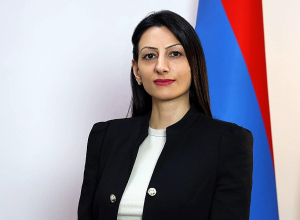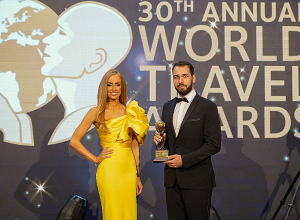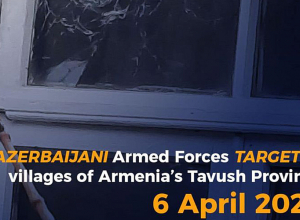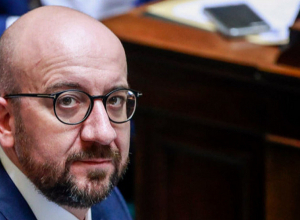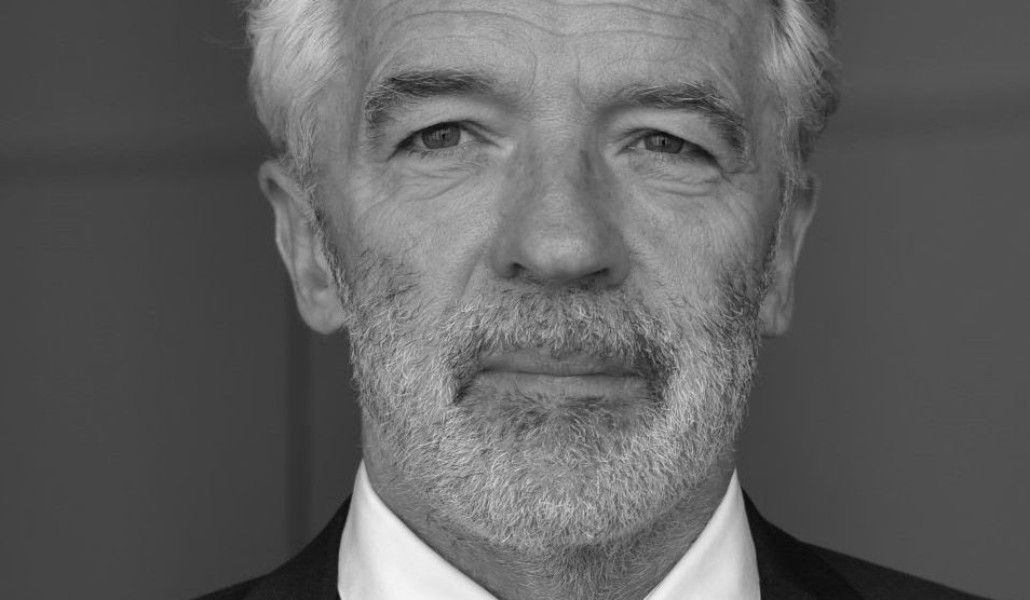
Step up for press freedom in support of freedom for all
Support A1+!The year 2020 brought along the global pandemic, leading to an even stronger need for reliable information, and thus followed by more crackdowns on freedoms and challenges to independent media than before. Looking beyond Covid-19, along with climate change, the decline of freedom and crisis of democracy is the biggest problem in the world right now. Almost nine out of 10 people now live in countries which cannot be described as fully free, and press freedom is declining. In such times, there is an urgent need for independent media. Journalists' freedoms of expression and security are under pressure; they are subjected to murder, harassment, torture, censorship and deprivation of liberty. We see this globally, including in Europe, where the number of violent assaults on journalists has risen by 50 percent.
To mark this year’s World Press Freedom Day, IMS is launching our report, COVID-19 and the media: A pandemic of paradoxes. Part of our Defending Journalism series, the report illustrates the ways Covid-19 has hampered journalists from doing their jobs over the last year. Whether they were subject to stay at home orders, had access to in-person sources restricted, faced salary cuts or layoffs or were harassed or suppressed because of their work reporting on Covid-19, the pandemic presented challenges on a scale that has never been seen before.
Independent media became a crucial source of reliable information early on in the pandemic; as audiences became desperate for information, journalists were tasked with not only publishing facts but also combatting the rising tide of misinformation.
But despite the increased demand for quality journalism, media outlets have seen the same economic strain as other industries during the pandemic. As one IMS partner says in the report: “We are producing more content on less resources.”
The infodemic related to the virus has also brought with it a torrent of threats against the media, overwhelmingly targeting women journalists. Reporting on the pandemic has led to targeted harassment from virus sceptics as well as government officials pushing back against criticism of their handling of the pandemic – regardless of the human cost.
“As reporters, we have the right to question the government,” journalist Benazir Shah writes in her forward to the report. “It is also important to remember that public access to information is a fundamental right, especially during a health emergency.”
And so the Covid in the media report ends with recommendations to promote access to information; sanction those who violate human rights, including targeting journalists; counter the misinformation epidemic; and work to improve media literacy skills. In times such as these, when the pandemic has provided an easy excuse for powerholders to crack down on the rights of others, the need for independent media is more urgent than ever.
Jesper Højberg,
Executive Director IMS
